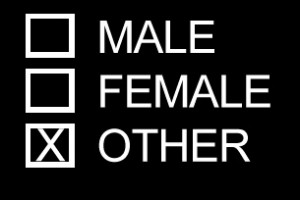 Germany became the first country in Europe to allow newborns that have characteristics of each sex to be registered neither male nor female.
Germany became the first country in Europe to allow newborns that have characteristics of each sex to be registered neither male nor female.
Parents can now leave the gender of their child blank on their birth certificate in effect a new category has been created of “indeterminate sex.”
This decision has a goal of removing the pressure on new parents to make a quick and possibly hasty decision on a sex assignment surgery for their babies.
Those that have both are referred to as “intersex” people since they have a mix of both female and male chromosomes or even genitalia that have both genders’ characteristics.
The difficulty that parents have during a difficult situation is the gender must be chosen extremely quickly so the new child can be registered with authorities, said medical experts.
Sometimes doctors perform surgery on a child to turn its physical characteristics nearest to one particular sex as possible.
The new German law approved after a review of many cases that revealed much unhappiness.
One case was of a person with no genitalia that clearly defined sex and was subjected to surgery. That person said many years afterwards, that he or she was neither male nor female, but a patchwork that doctors created.
Passports in Germany, which at this time list the sex of the holder as F for female or M for male, will now have another designation, X, for the intersex people, according to a spokesperson in the foreign ministry.
What remains unclear is what the impact will be from the new law on partnership and marriage laws in Germany.
Law currently defines a marriage in the Germany as a union between woman and man and civil partnership is for couples who are same sex.
A representative from IGLA Europe a group that campaigns for gay, lesbian, transsexual, bisexual and intersex people wanted the law to go even further.
The spokesperson said it did not address surgeries or medicalization of the people who are intersex.
